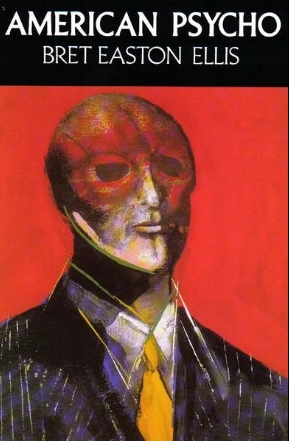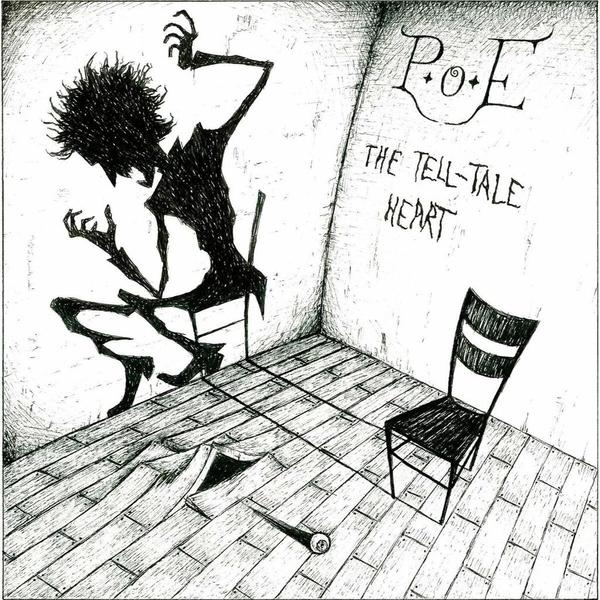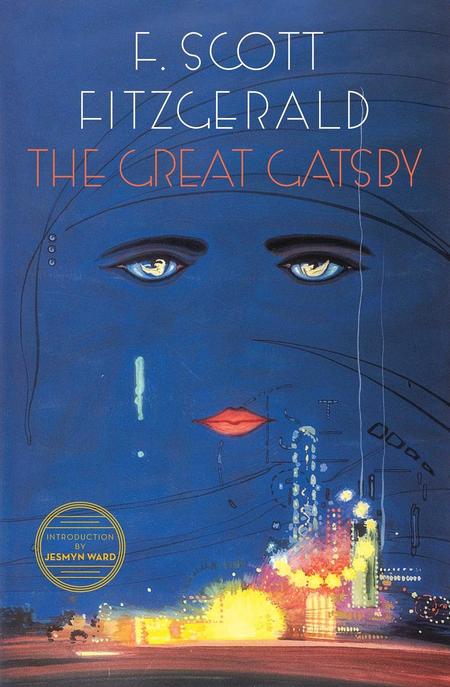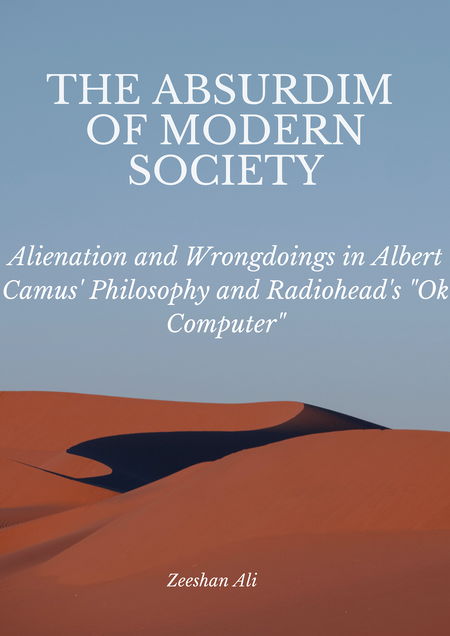I Have No Privacy; I Must Obey - Pakistan Education Review
There was once a time when we were promised a future of limitless convenience, seamless technology, instant connectivity, and a world where everything was just a click away. Today, we often find ourselves trapped in a digital panopticon, where every action is monitored, every thought predicted, and every decision influenced by unseen algorithms. Privacy has no doubt become a relic of the past and has been traded for an illusion of security and efficiency.
 Filters & Sorting
Filters & Sorting









